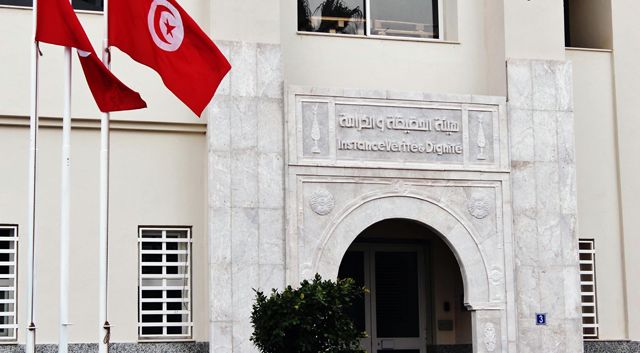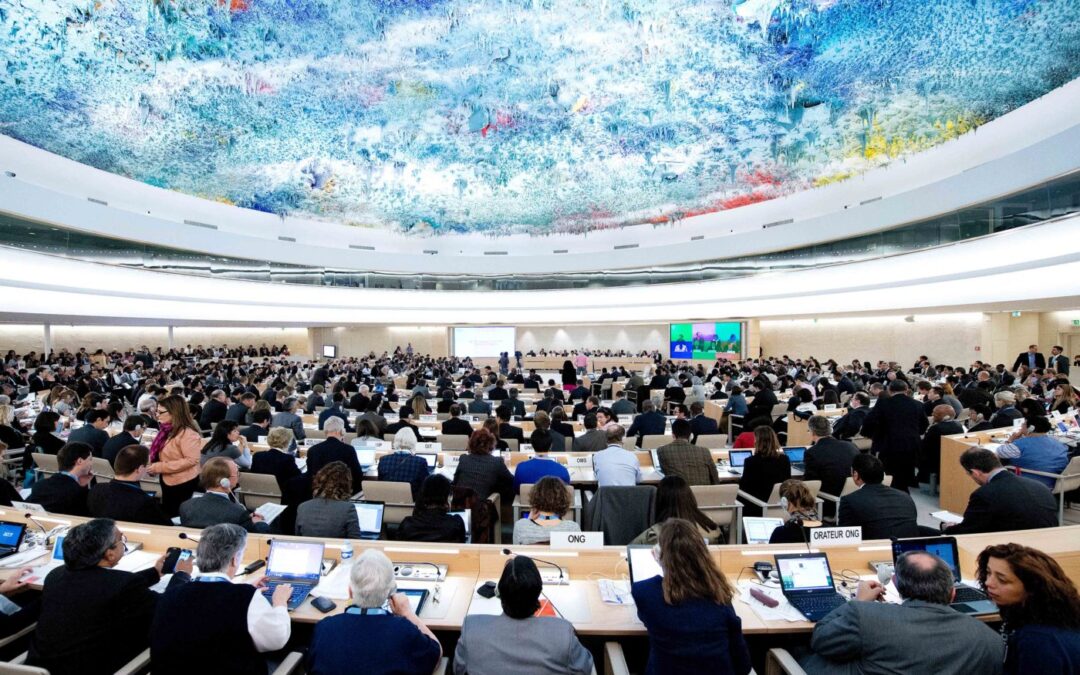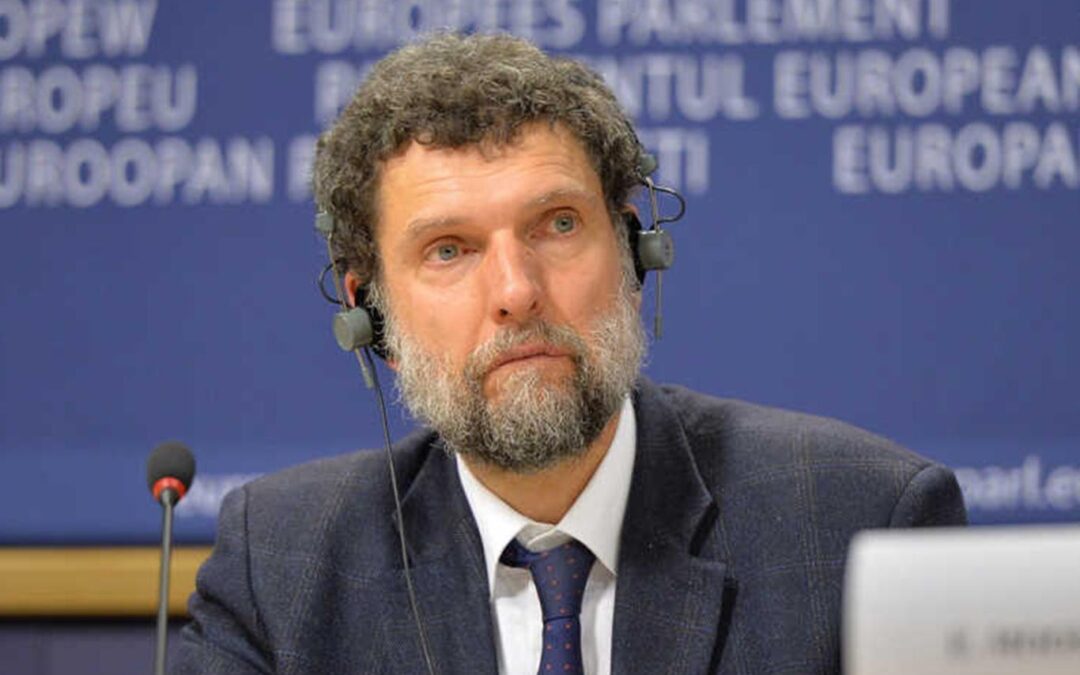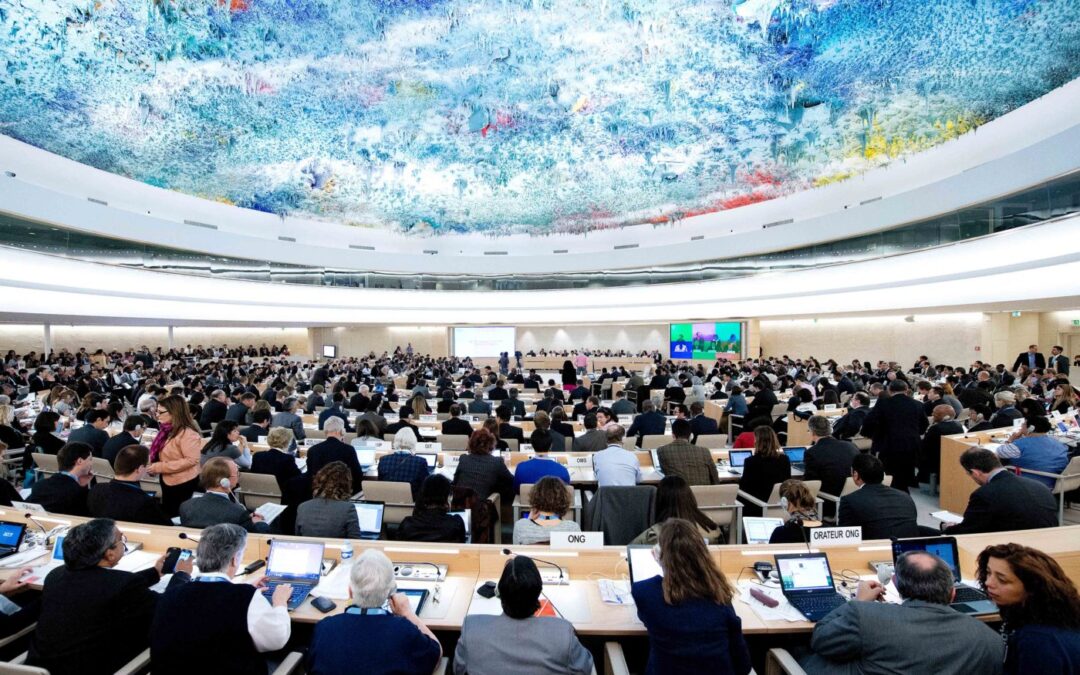
Sep 30, 2021 | Advocacy, Non-legal submissions
Before the UN Human Rights Council, the ICJ today expressed support on the High Commissioner for Human Rights’ call to ban AI applications that are not human rights compliant and expressed support for UN Special Procedures’ work.

Sep 26, 2021 | News
The investigation and adjudication of sexual and gender-based crimes by the Specialized Criminal Chambers must be victim-oriented and aimed at securing victims’ right to effective remedy while simultaneously upholding the accused’s right to a fair trial.

Sep 21, 2021 | News, Work with the UN
United Nations Human Rights Council member states, including Libya, should continue to support the Independent Fact-Finding Mission on Libya by renewing its mandate during its 48th session, which began on September 13, 2021, seven human rights organizations said today.

Sep 13, 2021 | News
The Council of Europe Committee of Ministers should trigger infringement proceedings against Turkey at its September 14-16, 2021 meeting for its failure to implement the European Court of Human Rights’ (ECtHR) judgment ordering the release of the jailed human rights defender Osman Kavala, Human Rights Watch, the International Commission of Jurists, and the Turkey Litigation Support Project said today.

Sep 7, 2021 | News
Joint Civil Society Letter:
States should support accountability for crimes under international law committed in Yemen at the 48th Session of the Human Rights Council









